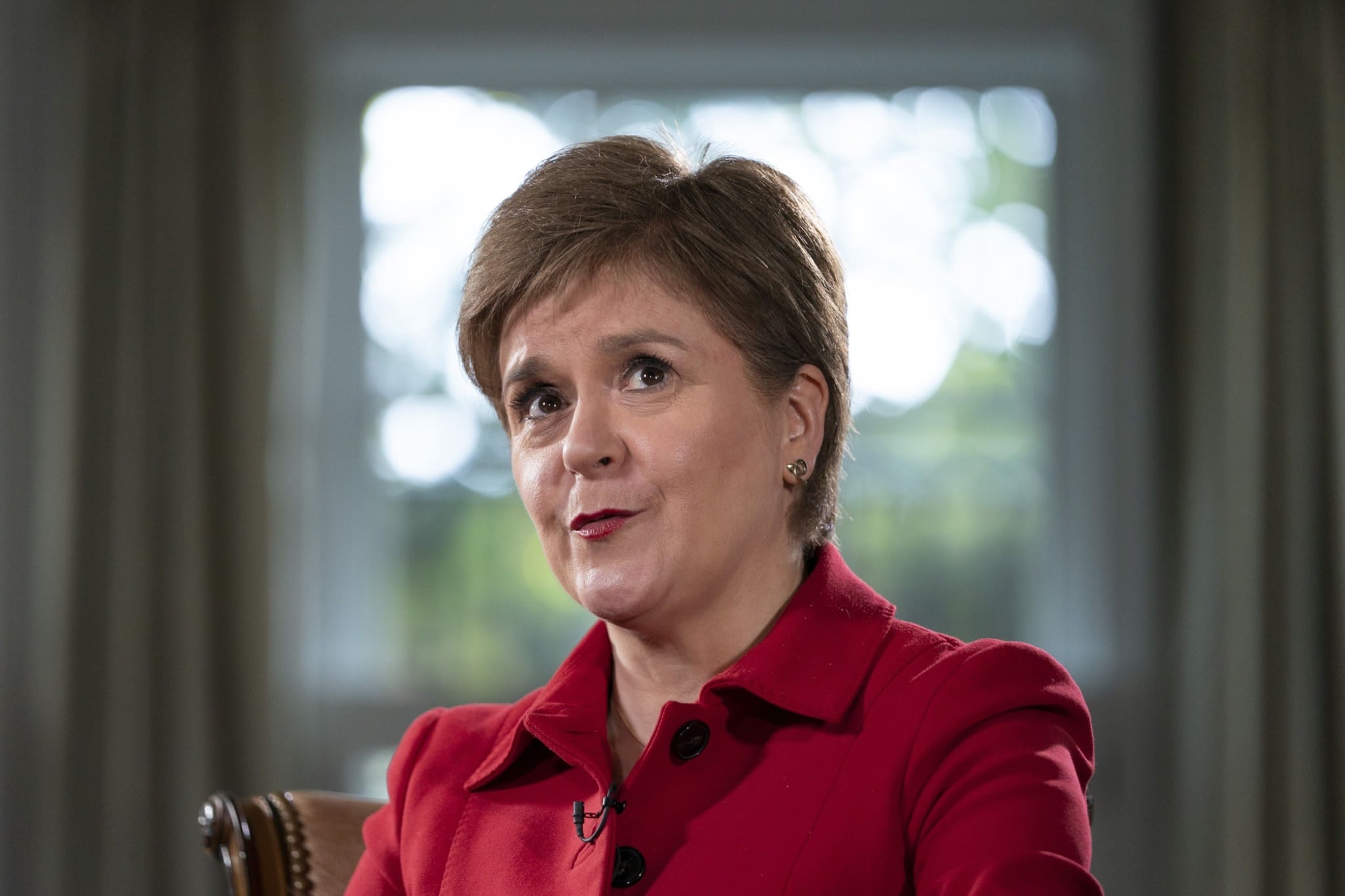Scotland’s First Minister Nicola Sturgeon has been told by Brussels she is wrong to say an independent Scotland, separate from the rest of the United Kingdom, would be able to adopt its own currency if it were to rejoin the European Union.
The leader of the Scottish Nationalist Party (SNP), in her long-held campaign for Scottish independence, attempted to allay fears that Scotland would lose its economic sovereignty were it to rejoin the European Union as an independent member following any vote to leave the United Kingdom. She explicitly rejected using the euro, saying it was not “the right option for Scotland,” and told those concerned that Scotland would continue to use pound sterling in the immediacy before establishing its own currency.
[pp id=5706]
However, Sturgeon’s plans have been knocked back publicly by officials in Brussels, who according to The Times newspaper insisted that all new members to the bloc must “legally commit” to join the euro single currency.
A spokeswoman for economic affairs at the European Commission told the Herald on Sunday that while “no timetable is prescribed,” individual countries are required to “calibrate their path towards the euro.”
Dr. Fabian Zuleeg, chief executive of the European Policy Centre in Brussels, explained that “all countries that join the European Union have to commit to the acquis communautaire, the body of law of the European Union.”
[pp id=45314]
While Zuleeg acknowledged that certain member states such as Denmark and previously the United Kingdom had negotiated permanent opt-outs to the single currency, these were agreed from a starting point of existing EU membership. Zuleeg warned: “It would be much harder, if not impossible, for a new member to negotiate such a permanent opt-out. However, it might be possible to negotiate essentially a grace period.”
“All EU Member States, except Denmark, are required to adopt the euro and join the euro area,” states the European Commission website in no uncertain terms.
“In order to adopt the euro, EU countries have to bring their national legislation in line with relevant EU law and meet specific conditions designed to ensure economic convergence. These requirements, agreed by the EU Member States in Maastricht in 1991, are known as the convergence criteria,” it adds.
A number of countries, including Hungary, have not adopted the single currency yet because they do not meet the the criteria outlined in the Maastricht Treaty. All member states excluding Denmark have legally committed to adopting the euro although there is no formal timetable by which they must meet the necessary criteria.
Despite the Scottish people rejecting Sturgeon’s campaign for independence in a nationwide referendum back in 2014, the Scottish leader has continued to campaign for Scotland to leave the United Kingdom, and sought to put pressure on the British government in Westminster to sanction another vote following the U.K.’s withdrawal from the European Union.





